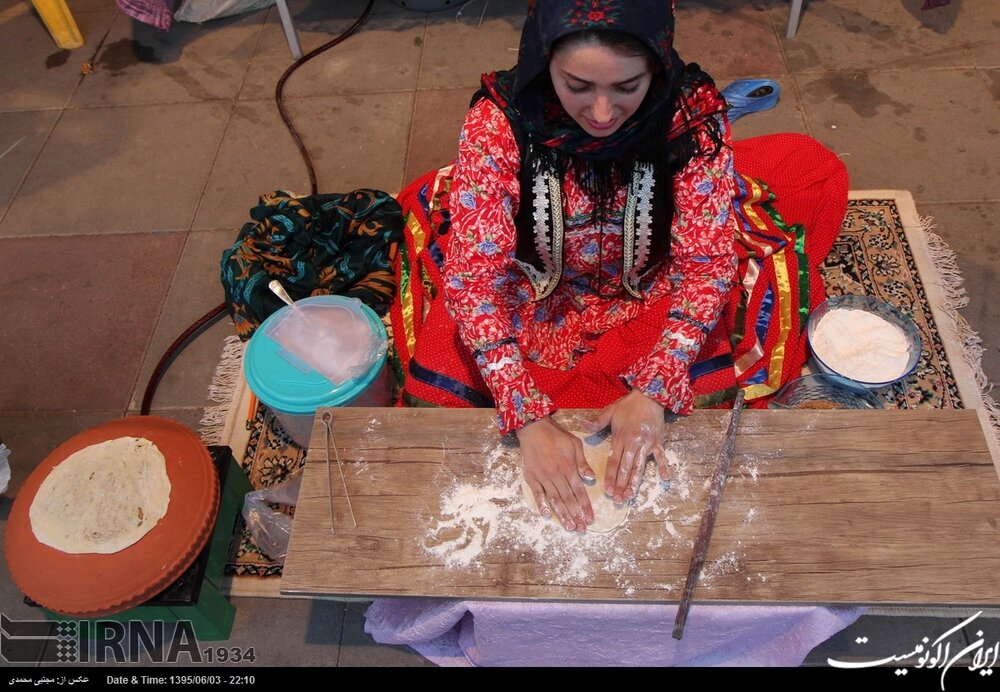
TEHRAN – On May 7, Tehran’s Milad Tower will be hosting a conference on female entrepreneurs who own and run businesses in food tourism and gastronomy.
Organized by Iran’s UNESCO Food and Gastronomy Club, the event is aimed at promoting the potential of food tourism and the role of women in this industry as well as introducing creative female entrepreneurs to the tourism sector, Tehran province’s deputy tourism chief has said.
Tehran province has a high potential for developing food tourism with its variety of food, taste, hosting styles, food rituals, and architecture of the Iranian kitchens, IRNA quoted Ali Rafiei as saying on Friday.
Among the goals of this conference are helping female entrepreneurs succeed in the food and tourism industries, promoting Iranian cuisine across borders and introducing the work of women in this segment, forming specialized working groups in the food and tourism industry, and identifying and showcasing Iranian brands, said the conference secretary Donya Akhgari.
It also aims at familiarizing more people with the activities of female chefs and entrepreneurs in the food and tourism industry as well as with the growth of the industry along with the development of the culture of the country, she added.
Iranian food is a highlight of traveling in the country, with considerable variety on offer. While you may often eat cheap meals on the run, remember that for many Iranians, eating is a social event in which food is only half the story.
No Persian meal is complete without an abundance of herbs. Every table is usually set with sabzi-khordan, a basket of fresh herbs, radishes, and scallions, which are eaten raw and by the handful. Persian cuisine is, above all, about balance — of tastes and flavors, textures and temperatures.
In 2020, Iran joined an online campaign launched by the UNWTO to promote gastronomy as an essential part of tourism. Iranian cuisine, usually dominated by fragrant herbs, varies from region to region. It principally accentuates freshness, deliciousness, and colorfulness.
Experts believe that food tourism has become one of the most dynamic and creative segments of tourism and, at the same time, has naturally positioned itself as an element of diversification of tourism with a high impact on the promotion of sustainable development at the regional and local levels.

No comments:
Post a Comment